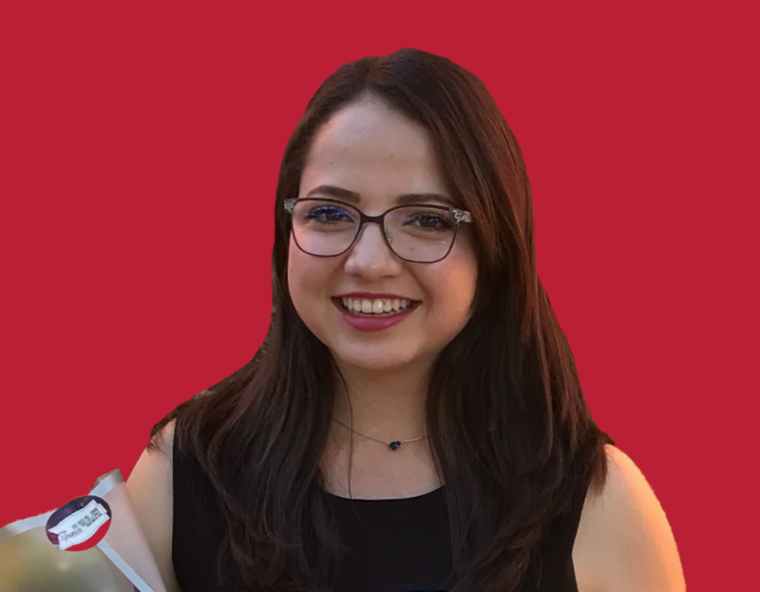Natalie Aileen Larez comes to the University of Arizona from Douglas, Arizona, a small town southeast of Tucson on the border of Mexico. With two older brothers, a younger sister, and a handful of younger cousins, she set out to pave a path as a first-generation college student. She started at the UA as a public health major but she quickly realized she wanted to make a shift while working for the College Academy for Parents . Her job there was to co-facilitate a classroom of children, guiding and teaching children about college readiness. While working there, she encountered many children who had experienced childhood trauma, and found that this trauma prevented them from succeeding in school. She was blown away by how intelligent these children were, but realized that they weren’t provided with the resources or emotional support to thrive. “No one has ever told these children that they’re smart,” she says.
When she realized how prominent childhood trauma is and how it affects children, whether they’re 5 years old or 22, she made the decision to pursue both a Bachelor of Science in family studies and human development and a Bachelor of Science in literacy, learning, and leadership, which is what led her to the College of Education. With a research interest in childhood trauma and how it affects school outcomes, she works with Assistant Professor Michelle Perfect as a research fellow in school psychology and she works as a research assistant for Assistant Professor Eric Smith in educational psychology.
To help motivate and engage other first-generation college students, she participates in UA student support programs, including the First Cats Initiative and the Academic Success and Achievement Center . Outside of the UA, she volunteers with Casa de los Niños and a number of local Tucson elementary schools to serve as a source of support for children who might not think of college as an option.
With plans to graduate this May, Larez is applying to grad schools to study school psychology or development psychology. She eventually wants to conduct research that will support policy change in large institutions, like hospital systems, legal systems, and education systems, so that children of trauma can flourish in all areas. Her ultimate goal is to ensure that children who have been through trauma are provided the support and resources needed to go to college.
Larez has big goals for the future and it is because of the support from her family and community that she knows they’re attainable. Throughout her academic career, she has been met with guidance from her advisors, support from the AWARDSS program ( a training program of research mentorship, graduate school preparation, and networking), and encouragement from a number of campus resources, like the Guerrero Center and the Thrive Center , where she works. These resources offer her the same support that she seeks to offer younger children in her community. The biggest driving force for her academic career, however, is her family. She says her degrees and academic pursuits are ultimately for her younger cousins who will soon follow in her footsteps to higher education.
